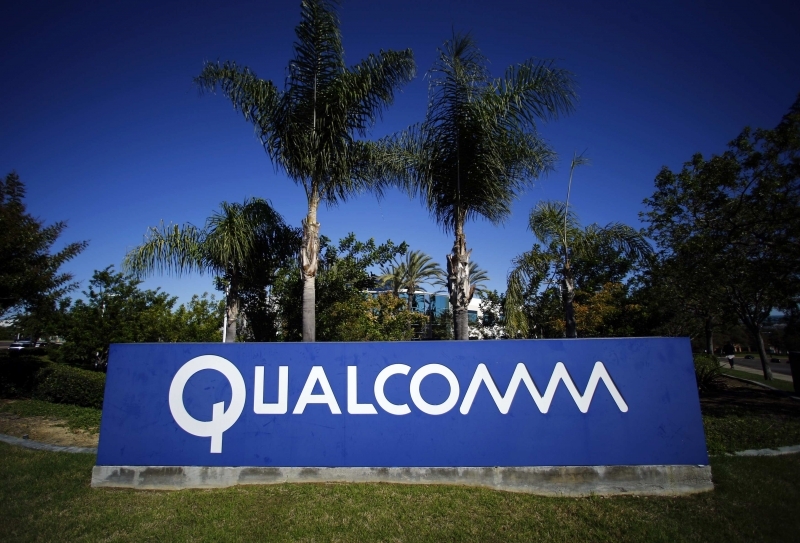Last month, it was reported that Google had issued a 130-page response to European Union antitrust regulators' claims that the company had engaged in monopolistic practices and that it could face a fine as high as $6.6 billion. Now it seems that EU officials are gunning for yet another big US tech firm, as the European Commission has just filed antitrust charges against chipmaker Qualcomm.
EU regulators say Qualcomm had abused its dominant market position and engaged in predatory pricing by giving illegal discounts to a an as-yet-unnamed smartphone and tablet manufacturer, under the agreement that it would use Qualcomm chips exclusively in its products.
Additionally, the Commission alleges that Qualcomm intentionally sold some chips well below cost with the aim of forcing its competitor, Icera (now owned by Nvidia), out of the market, in potential breach of EU antitrust rules.
"Many consumers enjoy high-speed internet on smartphones and other devices --- baseband chipsets are key components that make this happen," EU Commissioner Margrethe Vestager said in the statement. "I am concerned that Qualcomm's actions may have pushed out competitors or prevented them from competing."
Qualcomm said it had been cooperating with the European authorities in relation to the charges, according to the New York Times. "We look forward to demonstrating that competition in the sale of wireless chips has been and remains strong," Qualcomm's general counsel, Donald J. Rosenberg, said in a statement by email.
Qualcomm now has until April to respond to the charges. If it is found to have broken antitrust rules, the company may face fines that could reach into the billions of dollars. It wouldn't be the first time the chipmaker has paid the price for questionable business practices; early this year, Qualcomm agreed to pay $975 million for violating China's antimonopoly law.
(Editor's note: This story has been updated to remove references of bribery. The EC Statement of Objections alleges Qualcomm engaged in exclusionary pricing, which is a potential anti-trust breach and could result in fines of up to 10% of its global annual revenue. The company has not been accused of bribery.)
